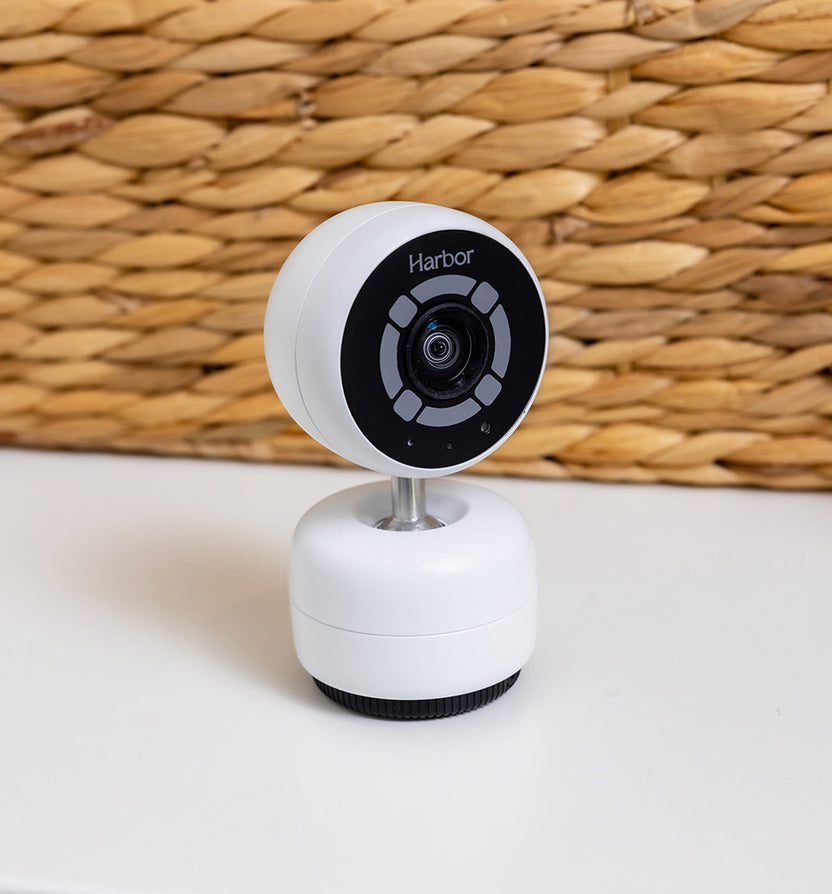
Written by: Dr. Sunita Osborn
“I want to feel used by the end of this year and if I don’t, that means you haven’t asked me for enough help.” This was a real message I wrote on a card for my friend’s baby shower. Was it forceful? Yes. Was it necessary? Also yes. For a long time, I’ve offered help to friends with children and 99 percent of the time, they never ask me for anything.
While my saying “I’m here if you need anything—just ask” was genuine, I began to see that the main barrier to seeking support was that my friends didn’t always know what they needed. Sure, they may have known that someone dropping off a meal, folding laundry, or just sitting with them for social connection would have been helpful. But asking for help was yet another decision they had to make or another task on their endless to-do list.
One of the biggest barriers we have to receiving help is determining what help we need. If someone is struggling to swim in the ocean, it’s clear they need assistance, but do they need a life preserver, a lifeguard, or floaties on their arms so it doesn’t happen again?
Whether you’re currently pregnant, in the trenches with a newborn, or in the action-packed toddler phase, I’m making it my mission to show you how to empower your support squad so you can get the help you need.
Allow them to help you problem-solve
A common refrain I share with parents is that it is okay to go to someone with a problem rather than a solution.
For example, I’m struggling with feeling both isolated and overstimulated from staying at home with my newborn and toddler all day. While I know that I have friends who would want to help, I’m not sure what I need: a babysitter, company, or support building a schedule that gets us all out of the house more.
When you find yourself struggling, invite loved ones in. Saying “I’m having a really hard time. Would you be willing to help me figure out what I can do about it?” fosters connection and support without putting the burden of problem-solving entirely on you.
Proactively share your needs
Perhaps you already have an idea of the type of support you need but are too overwhelmed to share it when people come over. You can’t burp your fussy newborn so they can finally get some sleep while simultaneously giving instructions for washing bottles…
When you feel well-rested and have a few minutes of downtime, consider creating shareable resources that allow loved ones to help you without you needing to give them instructions:
-
Proactively create a list of tasks. This way, when visitors come over and ask if there’s anything they can do to help, you can point them to the list. Consider prioritizing tasks that require minimal guidance, like folding laundry, taking the trash out, or walking the dog.
-
Create a list of your favorite foods and beverages. This makes meal trains, coffee drops, and dinners easier for everyone!
- Make a new parents guide. Not all help is equally useful. A new parent might need sleep more than company, or silence more than conversation. Noting exactly what you need, like the brand of diapers or formula you use, preferred visiting hours, and types of check-ins that feel best ensures that you get the support you need.
Stating your needs so explicitly can feel uncomfortable, but doing so makes them more likely to be met and makes it easier for loved ones to show you care when they otherwise don’t know how to. It’s a win-win!
Let the support go beyond the practical
When thinking about ways to help new parents, our minds typically go to logistical and practical support, like babysitting or bringing meals. However, it can be incredibly helpful—and even life-saving—to empower your support network to recognize that your mental health and wellness are suffering. The Postpartum Pact, created by Karen Kleinman, offers a comprehensive list of questions that can be shared with loved ones to monitor postpartum wellbeing.
Some examples:
-
Am I crying all the time?
-
Am I consistently having trouble sleeping, even when the baby is sleeping?
-
Am I spending time with the baby?
-
Do I seem confused?
-
Is my anxiety getting in the way of what I need to do?
-
Am I acting like myself?
One of the biggest challenges in identifying early warning signs of perinatal mood and anxiety disorders is that the struggle of parenthood has been normalized. When new parents say they feel exhausted, are worried about the well-being of their baby, and haven’t showered in days, we chalk it up to the reality of being a new parent.
While there’s some truth to this, and recognizing that can be validating, it can also lead us to miss cries for help. These questions are not intended to offer a diagnosis but rather help loved ones know what to look for and identify when it might be time to seek professional guidance.
Receive the help
This is both the simplest and hardest task of all: receiving help from others. While the joys of parenthood are often shared, it’s not uncommon to keep anxiety, overwhelm, and despair to ourselves. If others can do it on their own, why do I need help, right? Wrong.
We’re fortunate to live in a time when apps can perform lots of tasks for us. But outsourcing those tasks can take the place of generosity from friends and loved ones.
For example, I technically don’t need to ask a friend to bring me nursing snacks because I can order them on an app and have them delivered to my door. But when I’m in the trenches navigating decision fatigue and sleep deprivation, having someone else make decisions for me is a balm. I still remember the homemade enchiladas a friend brought me when my daughter was two weeks old! The thoughtfulness of that gesture buoyed me through the exhaustion of that day.
The reality is we are not meant to parent alone. Behind every thriving parent is a support system, whether they built it intentionally or were lucky enough to stumble upon it. If you don’t feel like your well-being is enough of a reason to receive help, consider that when you receive help, you’re also helping your child and the person supporting you.
4 ways to be a supportive helper
Last, but certainly not least, if you’re reading this as someone hoping to support a new parent, here are a few simple but impactful ways to help well:
-
Avoid saying “Let me know if you need anything.” Instead, offer something concrete: “I’m going to send you dinner at 6PM. I’ll let you know when it’s at your door.”
-
Respect their time and energy. Keep visits short unless explicitly invited to stay longer.
-
Help without needing direction. If you see that the garbage is full, take it out. If their water bottle is empty, fill it up for them.
- Check in on them, not just the baby. Make sure you are also asking the new parents how they’re really doing, letting them know that you want to hear all the parts of their experience, not just the joyful parts.
—
Note: The information provided on this site is for educational purposes only and does not substitute professional medical advice.
If you need immediate support, please consider reaching out to a crisis counselor by texting HOME to 741-741 at any time. If you are not in crisis but feel overwhelmed, contact PSI (Postpartum Support International) at 800-944-4773 for assistance.
Citations:
APA (7th Edition) for Online Resource: Kleiman, K. (2005). Our postpartum pact. The Postpartum Stress Center. Retrieved from http://postpartumstress.com/admin/wp-content/uploads/2012/02/postpartumpact.pdf




